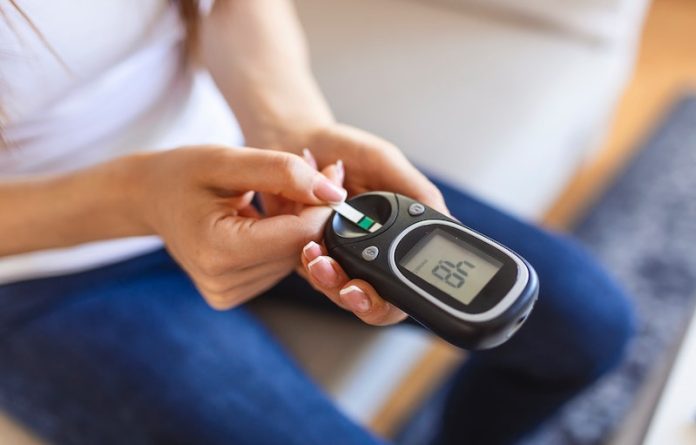
Scientists from the University of Glasgow and elsewhere found for people with type 2 diabetes, a very low-calorie diet and meal replacement are most effective for weight loss and remission of diabetes.
Type 2 diabetes, the most common type of diabetes, is a disease that occurs when your blood glucose, also called blood sugar, is too high.
In type 2 diabetes, your body doesn’t make enough insulin or doesn’t use insulin well. Too much glucose then stays in your blood, and not enough reaches your cells.
Lifestyle changes that include planning healthy meals, limiting calories if you are overweight, and being physically active are important for managing diabetes.
Weight loss is fundamental for type 2 diabetes management and remission, but which diet is the best to achieve and maintain the weight loss is still unclear.
In the current study, researchers examined different diets for weight loss, and remission, in people with type 2 diabetes.
First, the team conducted a systematic review of published studies of weight-loss diets.
Second, they did a systematic review of any intervention studies reporting type 2 diabetes remission with weight-loss diets.
The researchers identified 19 meta-analyses of weight-loss diets. Greatest weight loss was reported with very low energy diets, 400-500 kcal per day for 8-12 weeks.
People on these diets achieved 6.6 kg greater weight loss than low-energy diets (1000-1500 kcal per day).
The team also found formula meal replacements achieved 2.4 kg greater weight loss over 12-52 weeks.
Low-carbohydrate diets were no better for weight loss than higher-carbohydrate/low-fat diets.
High-protein, Mediterranean, high-monounsaturated-fatty-acid, vegetarian, and low-glycaemic-index diets all achieved minimal (0.3-2 kg) or no difference from control diets.
The researchers also examined how diets affect type 2 diabetes remission.
They found remissions at 1 year were reported for 54% of participants with low-energy total diet replacement, and 11% and 15% for meal replacements and Mediterranean diets, respectively.
For ketogenic/very low-carbohydrate and very low-energy food-based diets, the evidence for remission (20% and 22%, respectively) has a serious and critical risk of bias.
Based on the findings, the team suggests the study does not support any particular macronutrient profile or style over others for weight loss in type 2 diabetes.
Very low-energy diets and formula meal replacement seem to be the most effective approaches, generally providing less energy than self-administered food-based diets.
Programs including a hypocaloric formula ‘total diet replacement’ induction phase were most effective for type 2 diabetes remission. Most of the benefits are restricted to 1 year or less.
The team says well-conducted research is needed to assess the longer-term health impacts of diets on weight, blood sugar control, and diabetes complications.
The research was published in Diabetologia and conducted by Chaitong Churuangsuk et al.
If you care about weight loss, please read studies that avocado could help you lose weight and belly fat, and a keto diet for weight loss can cause flu-like symptoms.
For more information about nutrition, please see recent studies about unhealthy plant-based diets linked to metabolic syndrome, and these antioxidants could help reduce dementia risk.
Copyright © 2022 Scientific Diet. All rights reserved.





